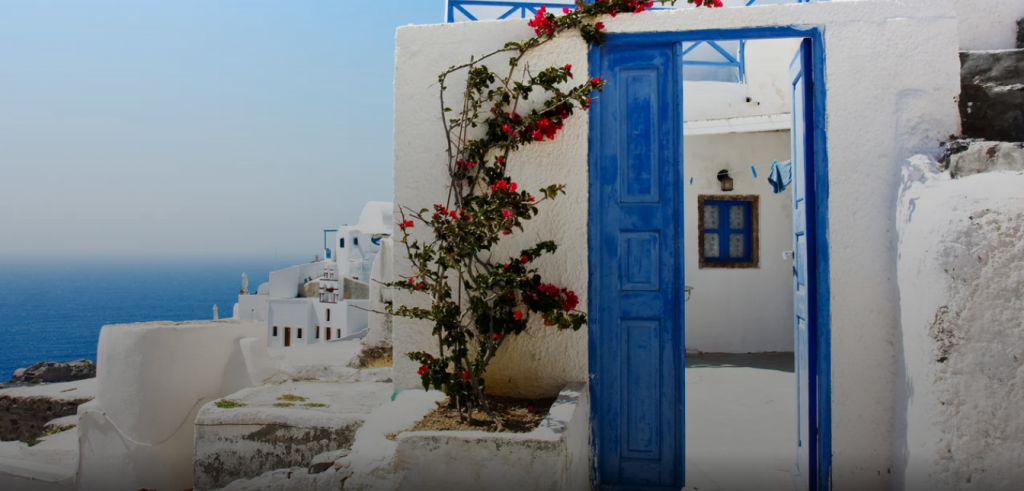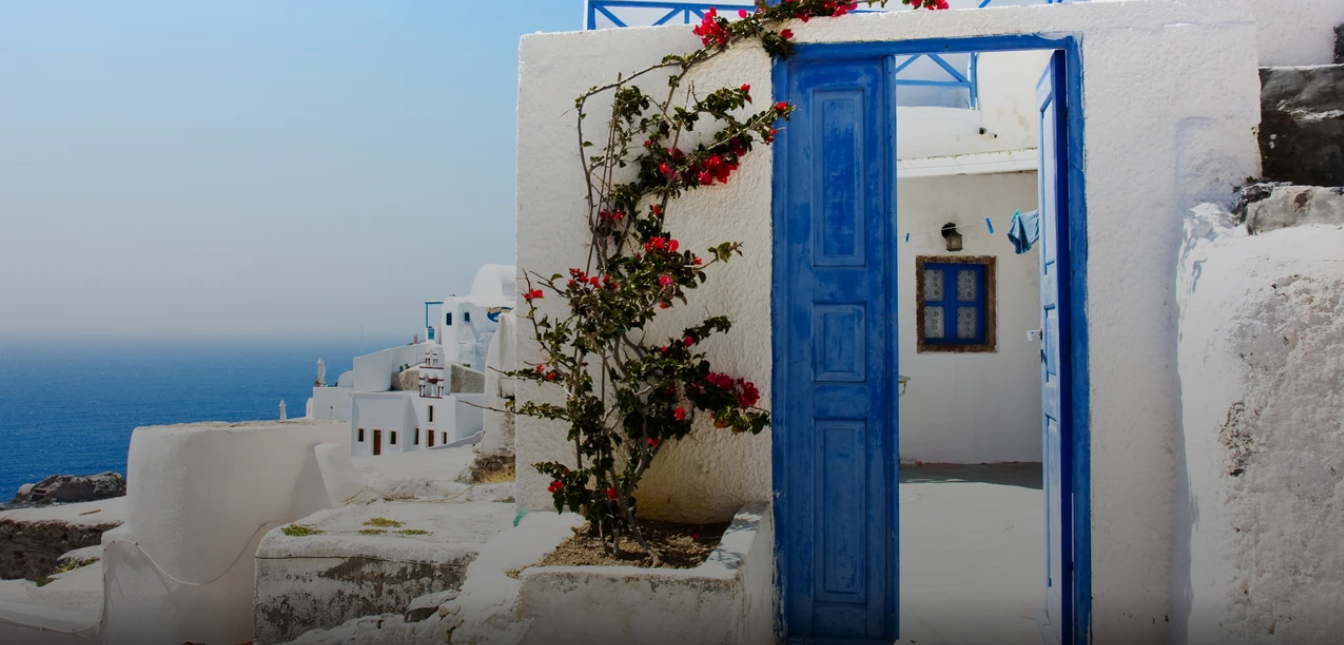
Whether you call them travel bubbles or corona corridors, countries are buddying up to keep summer vacation dreams alive.
Czech Republic, Slovakia, and Croatia. Estonia, Latvia, and Lithuania. Greece, Cyprus, and Israel. Soon, travelers in each of these trios may be able to travel freely within their partner countries—salvaging some part of the summer travel season for Europe and the Mediterranean’s less-affected countries. The partnerships, called “travel bubbles” and “corona corridors” by some, are popping up across the continent as coronavirus restrictions lift and locals look to leave not just their homes, but their countries all together for a much-needed change of scenery.
Under the suggested travel partnerships, countries that had success in limiting the impacts of the coronavirus—like Israel, which saw just over 240 COVID-19–related deaths in its population of around 9 million, or Czech Republic, which has suffered less than 300 deaths in its population of more than 10 million—would open their borders to other countries with few cases, allowing residents to travel freely between the two (or three) without a 14-day quarantine. In most cases, travelers could drive between the countries, though some would require air travel. The idea is catching on: the E.U. recently released a report outlining reopening strategies for the travel industry across the continent, and similar member states buddying up with each other was part of the plan. “Restrictions on travel should first be lifted in areas with a comparable epidemiological situation and where sufficient capabilities are in place in terms of hospitals, testing, surveillance and contact tracing capacities,” the report said.
So how would this actually pan out? Greek officials have been the most outspoken, hoping to get back some of the summer tourism dollars that support its economy. (Tourism contributes to about 18 percent of the Greek GDP.) The deal with Israel and Cyprus, among a few other countries, is not set in stone just yet, because there are plenty of details to work out, like “the medical clearances travelers will need to have before setting foot in either of the three countries, [and] whether hotels will offer breakfast and dinner buffets,” Greece’s Minister of Tourism Harry Theoharis told Voice of America. “Tracking and tracing systems will also have to be in place if there is an outbreak of infections at a resort.”
On the other side of the world, Australia and New Zealand are hammering out details of a travel bubble that would allow for residents to fly between the two. No official plan has been released yet, as both countries’ government officials have said that their borders would not open up in the near future, but opening the up between the neighbors has been confirmed as the first step. “The most obvious place for that to start is between Australia and New Zealand but that’s not something that’s about to start next week,” Australian Prime Minister Scott Morrison said in early May.
With a more concrete timeline, the Czech Republic plans to open its borders on June 8 to residents of countries that are deemed safe (think Austria, Slovakia, and Croatia). Details on what will be required of visitors—like a negative test for the coronavirus or a shortened, or even non-existent quarantine period—were not made clear, Reuters reported. (Currently, even Czech residents returning home from abroad must show a negative test result or quarantine on arrival.)
For travel specialist Leftheris Papageorgiou of Hellenic Adventures, the move to create these travel bubbles is a baby step toward getting tourism back in swing. “Knowing that tour operators will be bringing Israelis to Greece for a week or two weeks at the end of July and August is a start,” Papageorgiou says. “But I don’t think that it will be what the most popular islands need to make it—forget a good year—a D+ year.”
For Papageorgiou, communication of rules and safety measures around these travel bubbles is key to getting people back out into the world. Those who want to travel “will soon feel in their own heads, their own hearts, [that it is] safe enough for them to take the risk [to go on vacation],” he says. “But that will depend so much [on] how the governments handle themselves with the information they share, how much clarity there is, and the structure they create for visitors and the industry.”
Fellow travel specialist Joe Yudin agrees, sharing that communication—and setting a safe, positive example—is the best way forward for countries with fewer fatalities and stronger health care systems. “Once the rest of Europe sees that there are people traveling to other countries, I think there will be a psychological effect that it says it’s okay—and other countries will start opening up to each other,” he says. “Because right now, it seems people are just scared and they don’t know what’s going on. “
As for Papageorgiou, who is based in Minneapolis, he won’t be traveling to Greece until next year—postponing his annual trip for his own safety—and neither will his clients, who all chose to postpone their trips to 2021, rather than cancel. “I’m cautiously optimistic with certain caveats,” he says. “And the caveats would be that the number of cases stay in control, that deaths and hospitalization curve down, and that the government and the suppliers come to a clear policy for travelers and hotels. If those things happens, then good things—slowly and steadily—will take place.”
Source: cntraveler.com




























